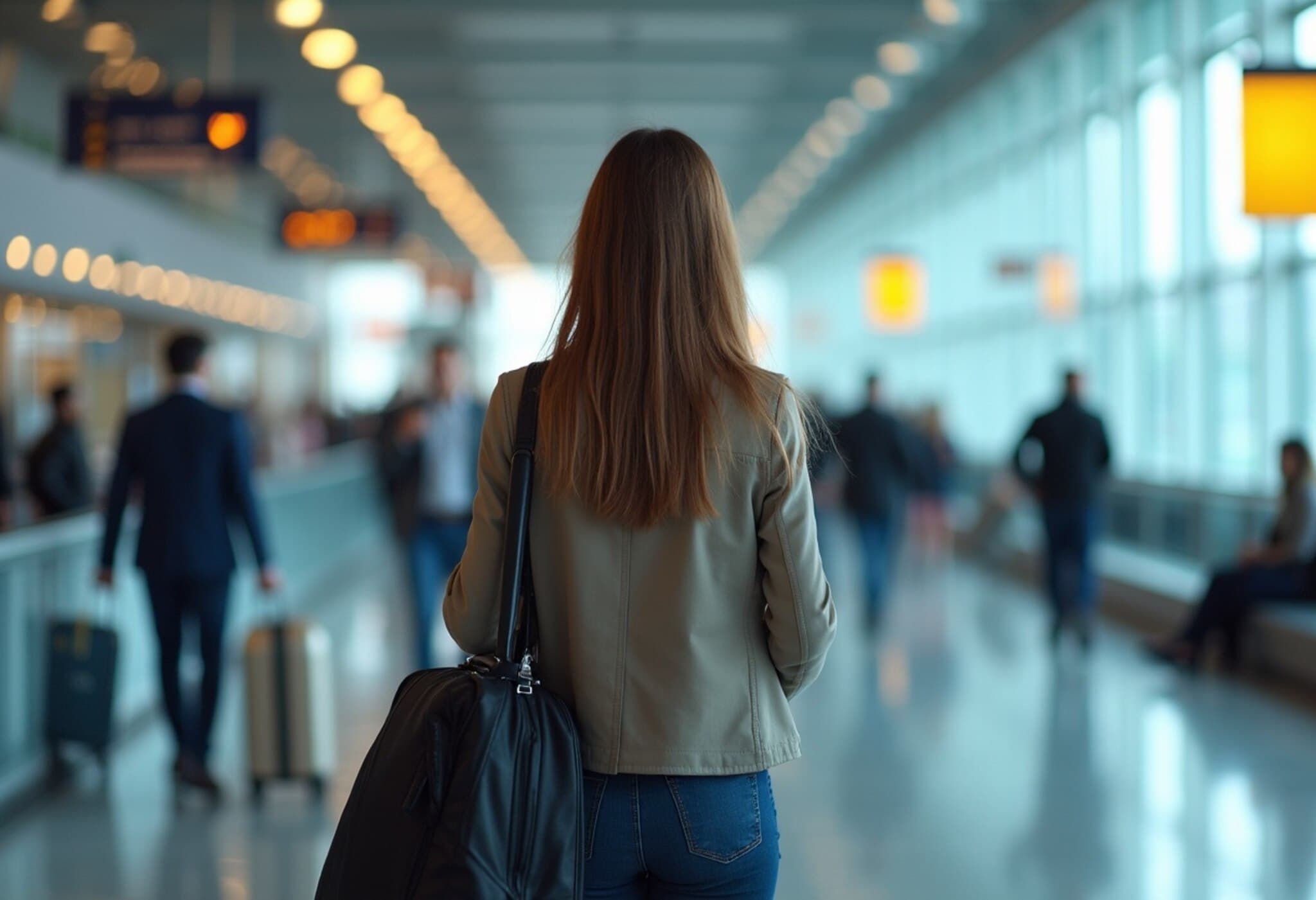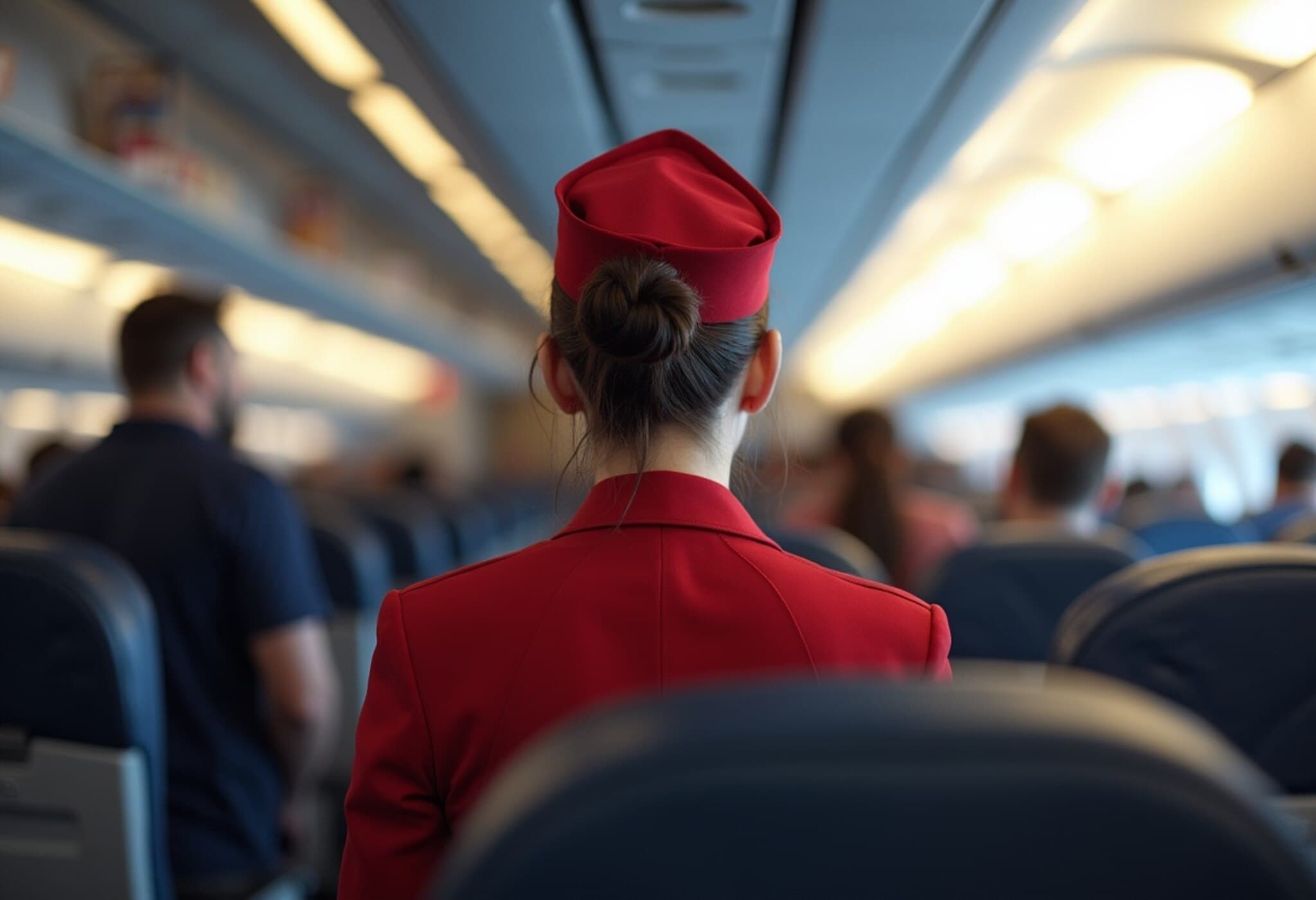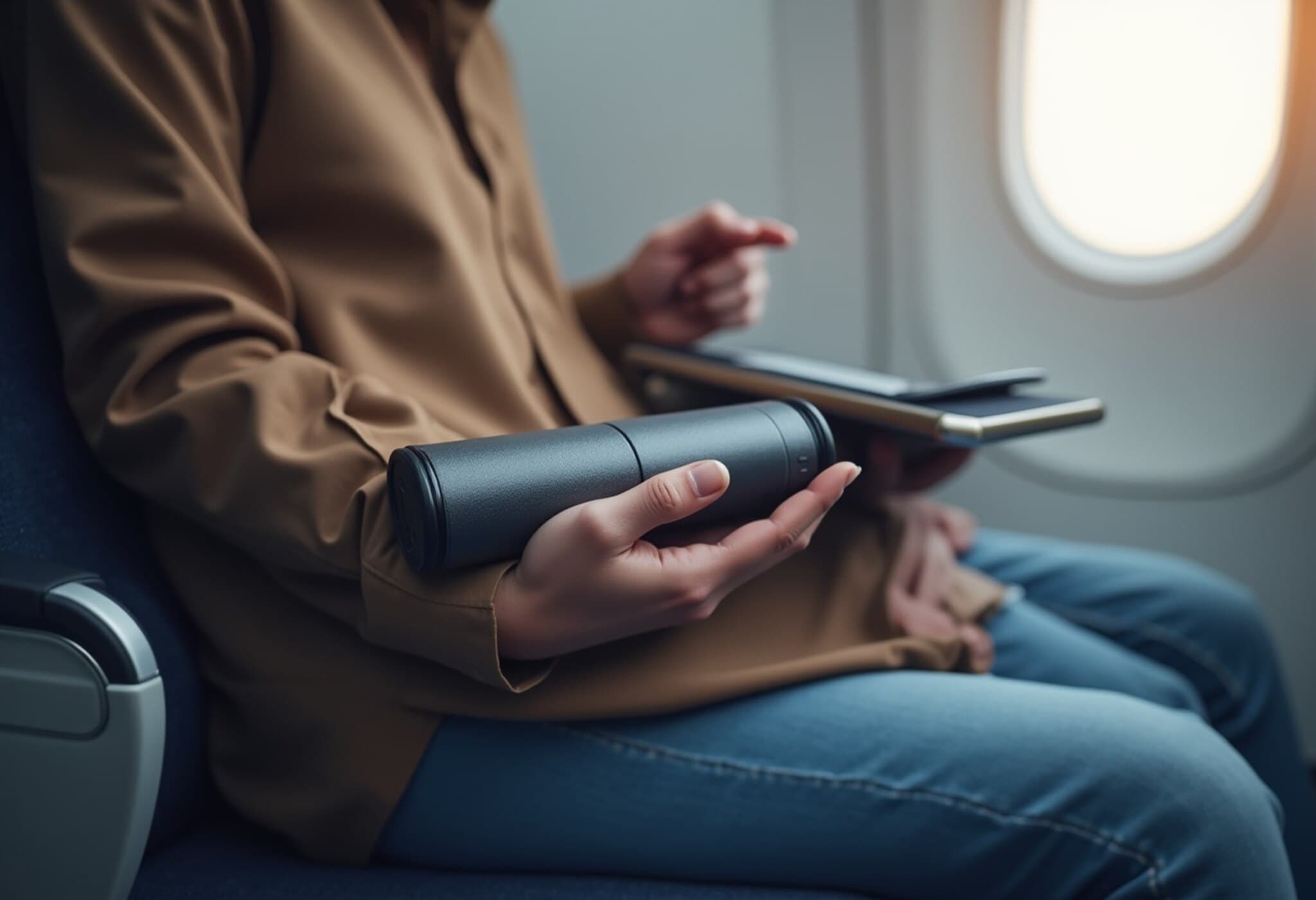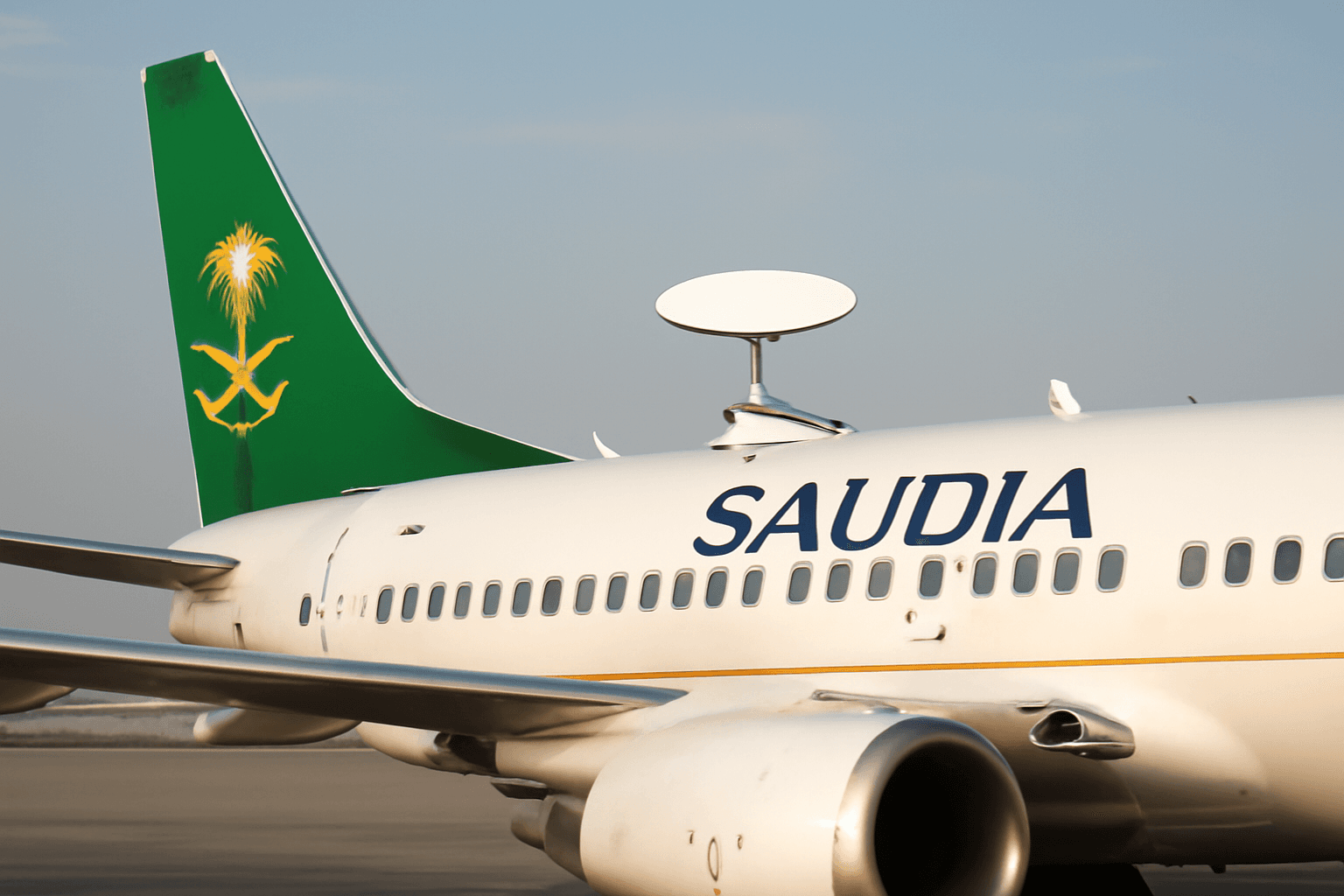Saudi Arabia Enforces Minimum 20-Hour Hotel Check-In and Check-Out Policy
Saudi Arabia has introduced a new minimum 20-hour stay policy for hotel guests across the Kingdom’s tourism facilities, aligning its hospitality sector with international standards. Announced by the Saudi Ministry of Tourism, the regulation mandates that the duration between check-in and check-out times must not fall below 20 hours and must be clearly stated in hotel reservation documents.
Understanding the New Check-In and Check-Out Guidelines
Under this policy, guests are guaranteed a full 20-hour stay regardless of their time of arrival. For instance, if a hotel’s official check-in time is 10:00 p.m., the subsequent check-out time cannot be earlier than 6:00 p.m. the following day—even if the guest arrives late. This ensures visitors receive ample time to fully enjoy their accommodations without any unannounced reductions.
Tourism officials emphasize that while hotels can adjust standard check-in and check-out times to cater to different locations or clientele, the minimum stay duration must always fulfill the 20-hour requirement, promoting transparency and fairness for guests.
Hotel Preparedness and Guest Rights
One driving force behind the implementation of this policy is to afford hotels adequate opportunity to prepare rooms meticulously for incoming guests, maintaining high cleanliness and service quality standards demanded by discerning tourists globally. This change also protects guest rights, ensuring they receive exactly the room type, amenities, and service levels portrayed across booking platforms.
The Saudi Ministry of Tourism encourages all travelers to carefully review check-in and check-out policies before finalizing reservations, minimizing unexpected inconveniences during their stay.
Strategic Move Supporting Vision 2030
This policy shift comes amid Saudi Arabia’s aggressive push to diversify its oil-reliant economy through tourism, a core pillar of Crown Prince Mohammed bin Salman’s Vision 2030 initiative. The Kingdom has seen remarkable growth in tourism numbers, welcoming over 116 million domestic and international tourists in 2024—a 6% rise from the previous year.
Notably, inbound tourist visits surged to nearly 30 million, an 8% increase year-over-year, signaling Saudi Arabia's rising prominence as a global travel destination. The new 20-hour hotel policy is part of a broader strategy to elevate the Kingdom’s international hospitality standards, enhancing visitor satisfaction and global competitiveness.
Expert Analysis: What This Means for Travelers and the Industry
From an industry expert's perspective, this regulation aids in standardizing hotel operations in a rapidly expanding market. By guaranteeing a minimum stay duration, the policy minimizes confusion over booking logistics and maximizes hotel revenue stability. For travelers, it offers clearer expectations and better value, ensuring fair access to accommodations irrespective of arrival times.
However, questions remain about how this will impact last-minute bookings or guests with irregular travel schedules. Will hotels provide flexibility beyond the 20-hour rule in exceptional circumstances? Observers anticipate that further implementation guidance and hotel-specific policies will evolve in response to these concerns.
Looking Ahead: Saudi Arabia’s Tourism Sector
Saudi Arabia’s tourism sector is undergoing transformational growth, armed with bold initiatives and infrastructural investments. This new check-out policy, while seemingly minor, symbolizes the Kingdom’s commitment to international hospitality norms and guest-centric experiences.
Travelers planning visits to Saudi Arabia are advised to stay informed about evolving regulations and hotel policies to navigate their trips smoothly. As the nation continues welcoming millions of tourists annually, streamlined standards like the 20-hour stay policy help build confidence and trust in Saudi Arabia’s hospitality landscape.
While the 20-hour hotel stay policy marks progress in Saudi Arabia’s bid to align with global tourism standards, it raises intriguing considerations about balancing operational efficiency with guest flexibility. How will the Kingdom ensure these standards enhance the travel experience without limiting spontaneity or access? Observing how hotels adapt to this directive will offer insights into the future agility of Saudi Arabia’s booming tourism industry.














